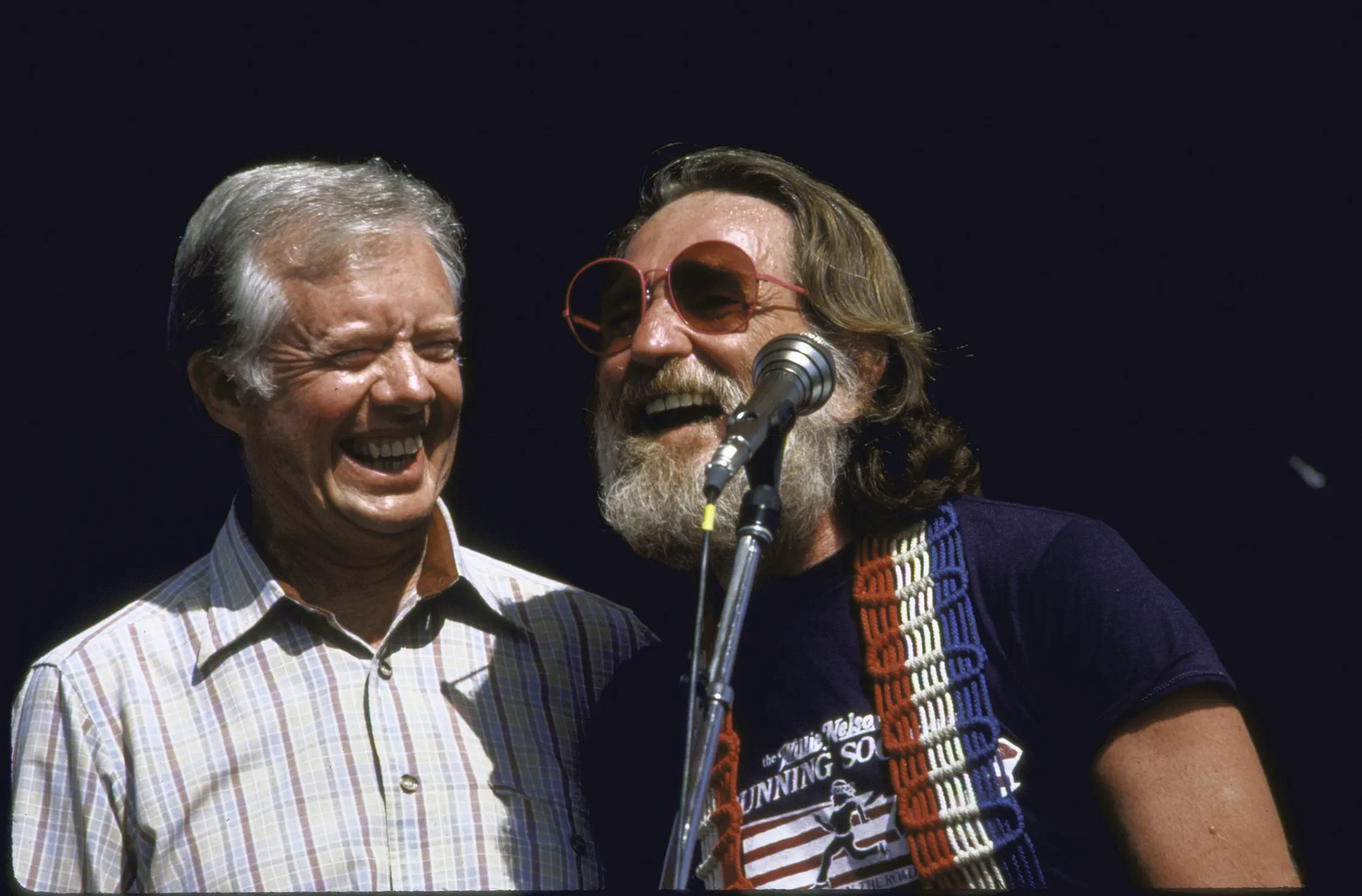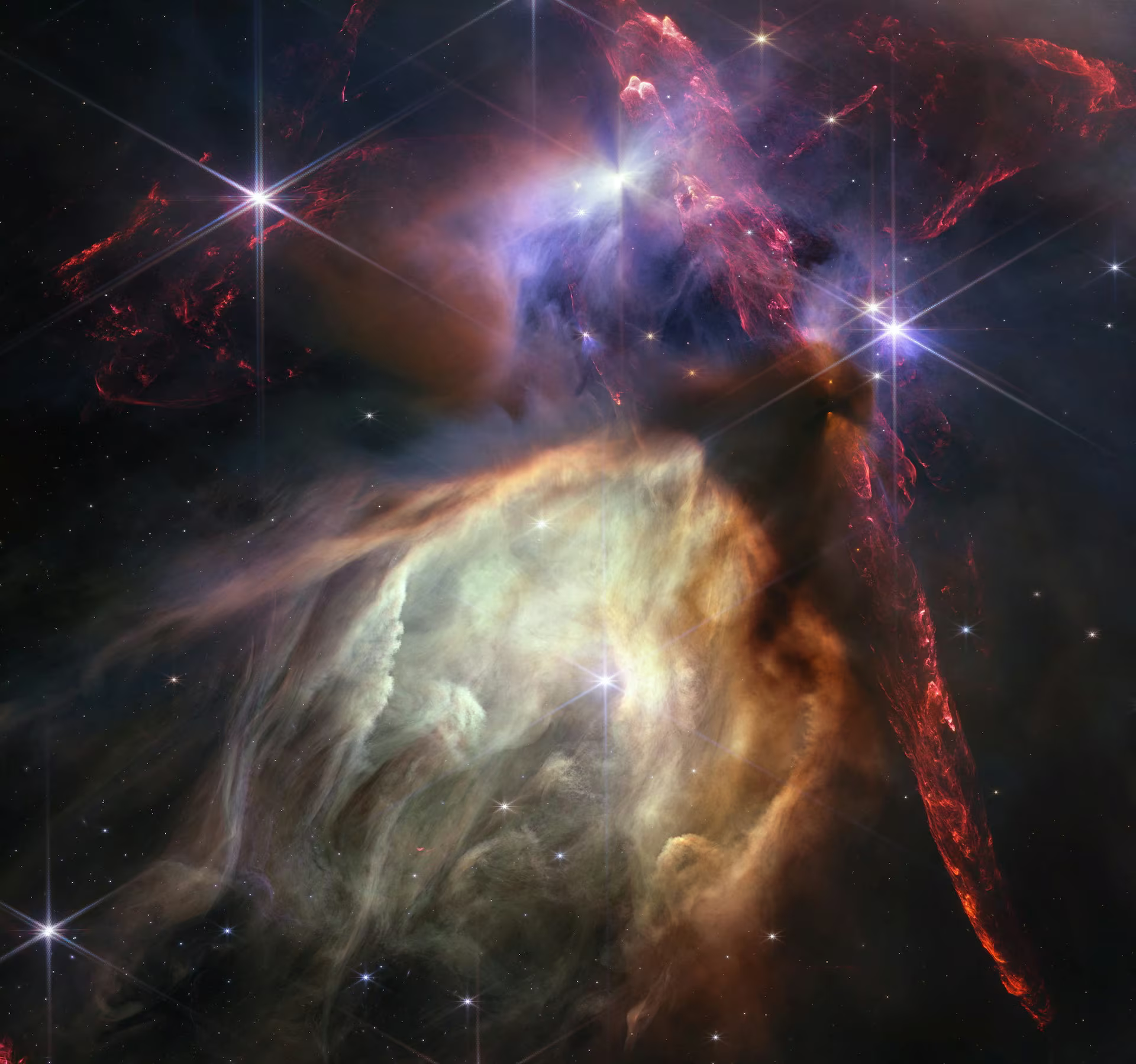Blog
Patricia Lee Smith (born December 30, 1946 Chicago) is an American singer, songwriter, poet, painter, author, and photographer. Her 1975 debut album Horses made her an influential member of the New-York-City-based punk rock movement. Smith has fused rock and poetry in her work. In 1978, her most widely known song, “Because the Night“, co-written with Bruce Springsteen, reached number 13 on the Billboard Hot 100 chartand number five on the UK Singles Chart.
In 2005, Smith was named a Commander of the Ordre des Arts et des Lettres by the French Ministry of Culture. In 2007, she was inducted into the Rock and Roll Hall of Fame. In November 2010, Smith won the National Book Award for her memoir Just Kids, written to fulfill a promise she made to Robert Mapplethorpe, her longtime partner and friend. She is ranked 47th on Rolling Stone magazine’s 100 Greatest Artists of all Time, published in 2010, and was awarded the Polar Music Prize in 2011.
more...John Cowan Hartford (December 30, 1937 – June 4, 2001 St Louis) was an American folk, country, and bluegrass composer and musician known for his mastery of the fiddle and banjo, as well as for his witty lyrics, unique vocal style, and extensive knowledge of Mississippi River lore. His most successful song is “Gentle on My Mind“, which won three Grammy Awards and was listed in “BMI’s Top 100 Songs of the Century”.Hartford performed with a variety of ensembles throughout his career, and is perhaps best known for his solo performances where he would interchange the guitar, banjo, and fiddle from song to song. He also invented his own shuffle tap dance move, and clogged on an amplified piece of plywood while he played and sang.
He was posthumously inducted into the International Bluegrass Music Hall of Fame in 2010.
more...
Lewis Nash (born December 30, 1958) is an American jazz drummer. According to Modern Drummer magazine, Nash has one of the longest discographies in jazz and has played on over 400 records, earning him the honor of Jazz’s Most Valuable Player by the magazine in its May 2009 issue.
In 2012, The Nash Jazz Club,] opened in Phoenix, AZ. Named after Lewis Nash by Jazz in AZ 501(c)(3), The Nash Jazz Club is dedicated to performances and educational programs that promote jazz education.
In 2017, Nash joined the jazz studies faculty at Arizona State University, where he was named the Bob and Gretchen Ravenscroft Professor of Practice in Jazz. In early 2021, the Lewis Nash Scholarship Endowment was created by the university to be awarded annually to a deserving ASU undergraduate or graduate jazz performance student.
Nash is noted for his adaptability to a vast array of genres, as evidenced by his performances with such different musicians as Tommy Flanagan and Don Pullen. Nash has made 5 recordings as bandleader: Rhythm is My Business (1989), It Don’t Mean a Thing (2003 Japanese import) and Stompin’ at the Savoy (2005 Japanese import), Lewis Nash and the Bebop All-Stars featuring Frank Wess (2008 Japanese Import), and The Highest Mountain (2012). In 2008, Nash became part of The Blue Note 7, a septet formed that year in honor of the 70th anniversary of Blue Note Records.
more...PLAINS, Ga. (WTVM) – December 29-2024 Former President of the United States, Jimmy Carter, died on Sunday at age 100. The news was reported at 4PM Sunday afternoon by the Atlanta Journal-Constitution. James Earl Carter, Jr. – 39th president of the United States – was born Oct. 1, 1924, in Plains, Georgia. Carter has many titles under his belt as he was the oldest living president, as well as the oldest – post-presidency. His 77-year-long marriage to Rosalynn made him the longest married president.

Richard Clare Danko (December 29, 1943 – December 10, 1999) was a Canadian musician, bassist, songwriter, and singer, best known as a founding member of the Band, for which he was inducted into the Rock and Roll Hall of Fame in 1994.
During the 1960s, Danko performed as a member of the Hawks, backing Ronnie Hawkins and then Bob Dylan. Then, between 1968 and 1977, Danko and the Hawks, now called the Band, released seven studio albums before breaking up. Beginning with the group’s reformation in 1983 and up until his death, Danko participated in the Band’s partial reunion. On December 10, 1999, days after the end of a brief tour of the Midwest that included two shows in the Chicago area and a final gig at the Ark in Ann Arbor, Michigan, Danko died of heart failure in his sleep at his home in Marbletown, New York. He was 55.
more...A look at Sun-like stars being born in this detailed close-up of Rho Ophiuchi, the closest-star-forming region to Earth in a composite image taken by the James Webb Telescope and released by NASA on July 12, 2023. Dark, dense dust cocoons still-forming protostars, while an emerging stellar newborn (top center) shoots out two huge jets of molecular hydrogen. NASA.

Yvonne Marianne Elliman (born December 29, 1951) is an American singer, songwriter, and actress who performed for four years in the first cast of the stage musical Jesus Christ Superstar. She scored a number of hits in the 1970s and achieved a US No. 1 hit with “If I Can’t Have You“. The song also reached No. 9 on the Adult Contemporary chart and number 4 on the UK Singles Chart. Her cover of Barbara Lewis‘s “Hello Stranger” went to No. 1 on the Adult Contemporary chart, and “Love Me” was No. 5; at the time she had 3 top 10 singles. After a long hiatus in the 1980s and 1990s, during which time she left music to be with her family, she made a comeback album as a singer-songwriter in 2004.
more...Marianne Evelyn Gabriel Faithfull (born 29 December 1946) is an English rock singer-songwriter and actress. She achieved popularity in the 1960s with the release of her hit single “As Tears Go By” and became one of the lead female artists during the British Invasion in the United States.
Born in Hampstead, London, Faithfull began her career in 1964 after attending a party for the Rolling Stones, where she was discovered by Andrew Loog Oldham. Her debut album Marianne Faithfull (1965, released simultaneously with her album Come My Way), was a commercial success followed by a number of albums on Decca Records. From 1966 to 1970, she had a highly publicised romantic relationship with Mick Jagger. Her popularity was enhanced by her film roles, such as those in I’ll Never Forget What’s’isname (1967), The Girl on a Motorcycle (1968) and Hamlet (1969). However, her popularity was overshadowed by personal problems in the 1970s. During this time, she was anorexic, homeless and addicted to heroin.
Faithfull was noted for her distinctive voice; her melodic and high-registered vocals prevailed during her 1960s career, but these were altered by severe laryngitis coupled with persistent drug abuse during the 1970s, which left her voice permanently raspy, cracked and lower in pitch. This new sound was praised as “whisky soaked” by some critics and seen as having helped to capture the raw emotions expressed in Faithfull’s music.
After a long commercial absence, Faithfull made a comeback with the 1979 release of her critically acclaimed album Broken English. The album was a commercial success and marked a resurgence of her musical career. Broken English earned Faithfull a nomination for the Grammy Award for Best Female Rock Vocal Performance and is often regarded as her “definitive recording”. She followed this with a series of albums, including Dangerous Acquaintances (1981), A Child’s Adventure (1983) and Strange Weather(1987). Faithfull wrote three books about her life: Faithfull: An Autobiography (1994), Memories, Dreams & Reflections (2007) and Marianne Faithfull: A Life on Record (2014).
Faithfull received the World Lifetime Achievement Award at the 2009 Women’s World Awards, and she was made a Commandeur of the Ordre des Arts et des Lettres by the government of France.
more...b. 12-29-1935, Newton, Mississippi, USA, d. June 1995. Aka Prez Kenneth, as a youngster Kidd sang in the church choir but was also attracted to the blues. He settled in Chicago in 1956 and soon tried to learn guitar, switching to bass because he found it easier. In the 60s, Kidd recorded in a Jimmy Reed vein for the Biscayne label. His track ‘Devil Dealing’ was the prototype for G.L. Crockett’s hit ‘It’s A Man Down There’, but he received no credit. Towards the end of the decade he formed his own label, Kenneth Records, and although he recorded on a Hip Linkchain session in 1976, little was heard of him subsequently. He continued to work occasionally in west side Chicago clubs until his death in 1995.
more...Irving Conrad Ashby (December 29, 1920 – April 22, 1987) was an American jazz guitarist.
Ashby was born in Somerville, Massachusetts and started playing guitar when he was nine. His career started in 1940 when he became a member of Lionel Hampton‘s band, and he played on Hampton’s hit “Flying Home”. In 1947, he took over for Oscar Moore in the Nat King Cole Trio.
He then briefly replaced Charlie Smith, a drummer, in the Oscar Peterson Trio, producing a line-up (piano, guitar, bass) similar to the Cole Trio’s; the substitution of a guitarist for a drummer continued until 1958. After leaving the Peterson Trio, Ashby concentrated on session work, which included recording with Norman Granz, Sheb Wooley, LaVern Baker, Howard Roberts, B.B. King, Louis Jordan, and Pat Boone. In addition to guitar, Ashby played the upright bass. Ashby died in April 1987 in Perris, California, at the age of 66.
more...Joseph Salvatore Lovano (born December 29, 1952 Cleveland, OH) is an American jazz multi-instrumentalist. Though best known as a tenor saxophonist, Lovano has also recorded on alto clarinet, flute and drums, amongst other instruments. He has earned a Grammy Award and several mentions in Down Beatmagazine’s critics’ & readers’ polls. His wife is singer Judi Silvano, with whom he records and performs. Lovano was a longtime member of the late drummer Paul Motian‘s trio alongside guitarist Bill Frisell.
more...Our galaxy of the month this month is the tight triplet of galaxies in Pisces around NGC 470. I must thank Mark Stuart for recommending this group to me. The triplet includes NGC 467, NGC 470 and NGC 474. All three galaxies were found by William Herschel. NGC 470 and NGC 474 in 1784 and then NGC 467 a year later in 1785.
NGC 470 is a disturbed system and was included by Vorontosv-Velyaminov as number 948 in his extended catalogue. NGC 474 is also a disturbed system and Arp included it as Arp 227. It is not clear whether Arp meant Arp 227 to include both NGC 470 and NGC 474, or just NGC 474.
Arp 227 is a shell galaxy and appears to be in a physical pair with NGC 470. The pair lie at about 100 million light-years from us. NGC 467 is also a shell galaxy but is much further away than the others, although some older sources do suggest it is gravitationally part of the NGC 474 group. NGC 467 is also suggested to be a lenticular galaxy.

Michel Petrucciani (French pronunciation: [miʃɛl petʁutʃani]; Italian: [petrutˈtʃaːni]; 28 December 1962 – 6 January 1999) was a French jazz pianist. From birth he had osteogenesis imperfecta, a genetic disease that causes brittle bones and, in his case, short stature. Despite his health condition and relatively short life, he became one of the most accomplished jazz pianists of his generation.
more...Lonnie Liston Smith Jr. (born December 28, 1940) is an American jazz, soul, and funk musician who played with such jazz artists as Pharoah Sanders and Miles Davis before forming Lonnie Liston Smith and the Cosmic Echoes, recording a number of albums widely regarded as classics in the fusion, smooth jazzand acid jazz genres. In 1963, he moved to New York City, where he initially played piano in Betty Carter‘s band for a year.[1]Early in 1965, Smith began playing with Roland Kirk, first recording with his band on Here Comes The Whistleman (Atlantic, 1965), an album recorded live in New York on March 14, 1965. A further track from that gig, “Dream”, appeared on Roland Kirk and Al Hibbler‘s live album A Meeting of the Times (Atlantic, 1972).
Late in 1965, Smith joined Art Blakey‘s Jazz Messengers, sharing the piano position with Mike Nock and Keith Jarrett. The Jazz Messengers, together with Miles Davis’ group, were one of the main proving grounds for young up-and-coming jazz musicians, experimentally edgy and musically stretching, and both were an ever-revolving door of young modern jazz musicians as modes and moods rapidly changed during a fresh period of experimentation. Beginning with a live session at The Five Spot, New York City, November 9, 1965, Smith’s time as a Jazz Messenger was fairly short-term, only lasting until a three-gig engagement at The Village Vanguard 26–28 April 1966; by May 1966 his position was filled by Chick Corea. No recordings exist of this period.
more...
More Posts
- Bootsy Collins Day
- Eddie Henderson Day
- Detroit Junior Day
- World Music with Manolo Franco
- Daily Roots with Jah Melodie
- Voices of Sepharad with Laurie Wohl Concert at the 11th Abrahamic Traditions Dinner
- The Cosmos with NGC 7000
- Jimmy Heath Day
- Earl Palmer Day
- Eddie Lang Day
- World Music with Corvus Corax
- Daily Roots with the Abyssinians
- Lisa Gutkin Performance Tech 10-24-18
- The Cosmos with NGC 772
- Joe Watkins Day
- Jimmy Dawkins Day
- Sonny Terry Day
- World Music with Mahala Rai Banda
- Daily Roots with Pablo Moses
- The Cosmos with NGC 4676

